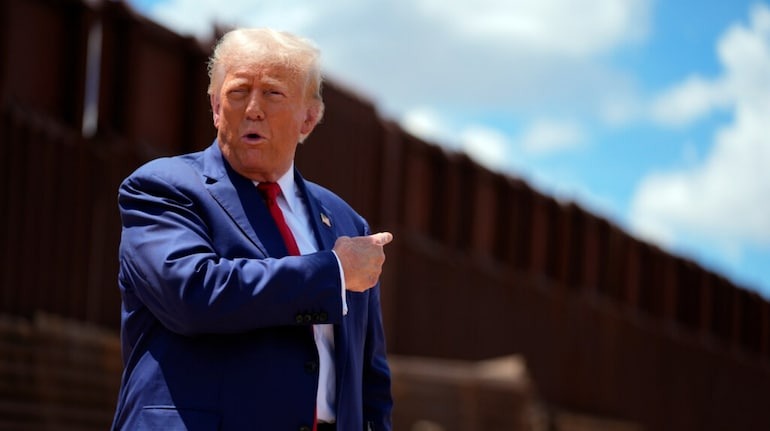
An increasing number of US-based academics are relocating to Canada and Europe, citing political pressure, reduced science funding, and threats to university autonomy under President Donald Trump’s second term. According to the Financial Times, prominent scholars from institutions like Yale and Columbia are leading a growing academic exodus.
Yale Professors Relocate After Columbia Controversy
Yale philosophy professor Jason Stanley is among the latest to emigrate, following what he called Columbia University's “capitulation” to political interference. He joins historians Timothy Snyder and Marci Shore at the University of Toronto, backed by increased donor support.
Stanley emphasized the importance of defending academic values, stating, “Not the idea that the proper response to authoritarians is to hide and hope you’re not next.” Both Snyder and Shore also pointed to Trump’s re-election as a factor in their decision to leave.
Global Institutions Compete to Attract US-Based Researchers
Universities in Europe and Canada are quickly positioning themselves to recruit disillusioned American researchers. Switzerland’s IMD Business School hired a University of Georgia professor shortly after Trump’s January inauguration. Meanwhile, France’s Aix Marseille University has committed €15 million to support at least 15 displaced American scientists.
Other initiatives include Brussels’ “Safe Place for Science” portal and efforts by Sweden’s Research Council to facilitate relocations. Even the Kyiv School of Economics has opened its doors to threatened scholars, despite the country’s ongoing conflict.
Science and Academia Face Political Pressure in the US
Concerns about political interference have intensified following the appointment of vaccine skeptic Robert F. Kennedy Jr. as Health Secretary. Financial uncertainty, visa complications, and reduced federal funding are creating instability across US campuses.
A Nature poll found that 75% of US-based scientists are considering leaving the country, rising to 80% among early-career researchers. Delays in projects, threatened grants, and lab closures have further fueled anxiety in academic circles.
Columbia University Becomes a Symbol of Broader Crisis
Columbia has faced heavy scrutiny, losing its second president in 18 months due to controversy over political compliance. One faculty member described the situation as “research at a standstill.” Meanwhile, European institutions report a sharp increase in inquiries from US academics.
International Universities Shift Focus to Talent Recruitment
Oxford’s global health program has received more than 20 queries from US researchers, though UK budget limitations may hinder new hires. At the Stockholm School of Economics, officials note that even European scholars based in the US are reconsidering their positions.
Canadian academics have urged the federal government to enhance immigration pathways and research funding to welcome displaced talent.
Personal and Professional Uncertainty for US-Based Scholars
For many, the choice to leave the US is not financial but principled. Non-citizen academics cite fears of deportation, while others express concern about growing political interference in education and scientific work.
As Trump’s policies continue to reshape the US academic landscape, institutions abroad are responding with support. The emergence of an academic diaspora signals a fundamental shift—motivated not by opportunity, but by the need to preserve scientific integrity and academic freedom.
Read More: World Bank Approves 700 Million Dollars for Pakistan to Boost Economic Stability and Public Services

 Share
Share



